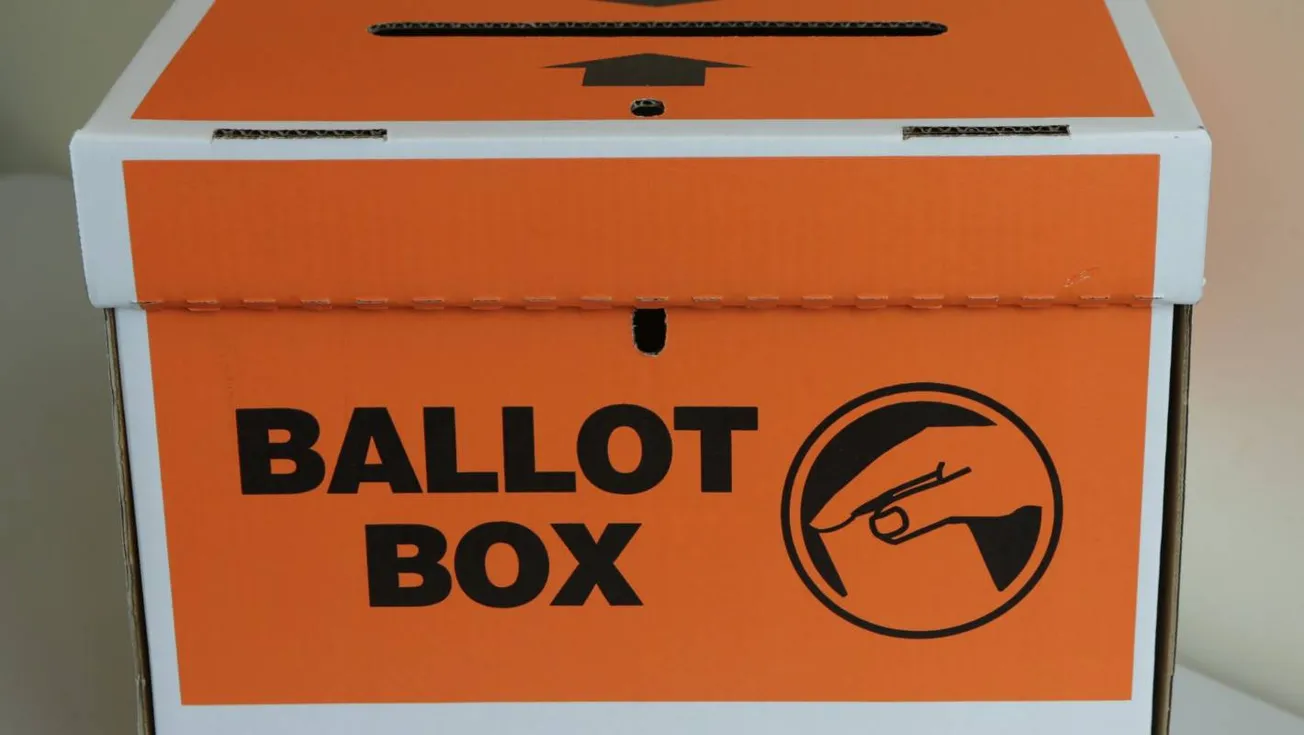The Ponderer
I and my wider family have been involved in minor party politics for many years. I’ve been the enthusiastic supporter, the optimistic candidate, and am now the wiser realist. I want to simply explain exactly what the minor “freedom” parties can and cannot achieve this election, and why.
The established parties in this country under MMP were first set as those who were elected in the first MMP election in 1996. It has been a major challenge for any new party to enter since then. It has been done however by three parties – Green, United Future, and Maori. But every time it has required at least two things the first time the party enters parliament:
1) An electorate seat, won by a person who was already an MP in another party in the previous parliament. Jeanette Fitzsimons (Green), Peter Dunne (United Future), Tariana Turia (Maori).
2) A perceived monopoly on a popular message: environment (Green), common sense (United Future, but only in 2002), foreshore & seabed (Maori).
It is theoretically possible that with only the second – a monopoly on a message – a party might be able to generate enough support to cross the 5% threshold without an electorate seat. It’s only a theory – no party has ever actually entered Parliament for the first time without winning an electorate seat. Both the Green and NZ First parties have returned to parliament without electorate seats, but both required electorates to get there the first time. But it remains plausible – if a party can gain a monopoly on a popular message.
So let us look at the existing minor party landscape, particularly those in the general “freedom” camp, and assess them against what we know from history.
1) Do any of these parties have an existing MP contesting an electorate seat? No.
2) Do any of these parties have a monopoly on a message?
The message is clear – freedom. But none of these parties has a monopoly on it – all are simply preaching variants of the same thing. So the only way a monopoly on “freedom” could be achieved would be through a coalition.
Coalitions have historically been a very successful strategy. The Green Party came into parliament initially in the Alliance, which was a successful coalition of several left-wing parties, creating a monopoly on key left-wing messages. The Christian Coalition came close to getting in in 1996, their collaboration creating a brief monopoly on the concept of a Christian political party. United Future was a briefly successful coalition of a secular and a Christian party creating a monopoly on the idea of “common sense”.
This election, most minor parties have unfortunately seemed to take the arrogant position that their own party is God’s gift to New Zealand, and if anyone wants to collaborate they need to join them (New Conservative and DemocracyNZ in particular). The closest anyone has come to such a broad coalition is the Freedom & Rights Coalition. That movement truly took the right approach – but was crippled by the personality behind it.
As anyone who has been reading his statements published on the BFD with an open mind will realise by now, Brian Tamaki is one of the most sensible men in the conservative political landscape. He sees the problems with this country clearly and articulates them well. But he is an extremely controversial figure because the media have been running a highly comprehensive defamation campaign against him and his church for over twenty years. As a result, most voters in New Zealand have very strongly negative opinions of Tamaki, and very few would vote for him.
Because of this unpopularity, most people in politics are unwilling to work with Tamaki. This too has been tried before: the Family Party was intended to be a coalition of the major Christian parties to contest the 2008 election together. Destiny deregistered to form this party – but then Future NZ chose to stay out and not work with Tamaki, rebranded as the Kiwi party and contested the election also, ensuring predictably that both of these very similar parties pushing almost the exact same message collectively failed to even approach 1%.
The same problem has occurred this time around. Some parties were willing to join the Freedom & Rights Coalition, but others did not want to be associated with Tamaki, perceiving that to be a vote-losing strategy. As a result, the coalition just never gained critical mass.
I don’t blame Tamaki for this – he knew what needed to be done (a coalition of freedom parties), saw nobody else was organising it, so he went ahead and did it. I blame everyone else, for being so unwilling to work together that they left Tamaki, the least likely person to gain broad voter support, feeling he had to try and sort them out.
At the time of the Wellington protest, three names stood out – Matt King, Leighton Baker and Sue Grey. At the time, I realised that these were the key leaders to watch, as they would show us who to vote for. If any two of those three would join together, that would be the party that might have a chance. While if they could not work together, we would know none had a chance.
As it stands, despite Grey’s commendable willingness to join the only coalition on the table, and I believe considerable behind-the-scenes efforts by Baker to forge collaborations, all three are today in separate parties. This means no minor party has even one of the bare minimum necessary requirements to get in – not even a monopoly on a message. So none has a hope, and if we want to use the election for any positive purpose other than for a protest vote, we’re just left voting for whichever establishment party we find least repulsive.
This country is going to hell in a handbasket, and we cannot vote our way out of it. There is nobody to vote for who would turn it around. There are just two parties that will drag the country down slower than the rest will – NZ First and ACT – and both are seriously compromised. NZ First helped get us into this mess, and ACT is led by a man who at the first real test of his libertarian principles failed miserably and turned out to be a little fascist. But they’re the slowest cars in the race to hell, so they’re the ones to support.
It is bitterly disappointing that nothing better could come out of the Freedom movement than this. But we have to deal with reality.










